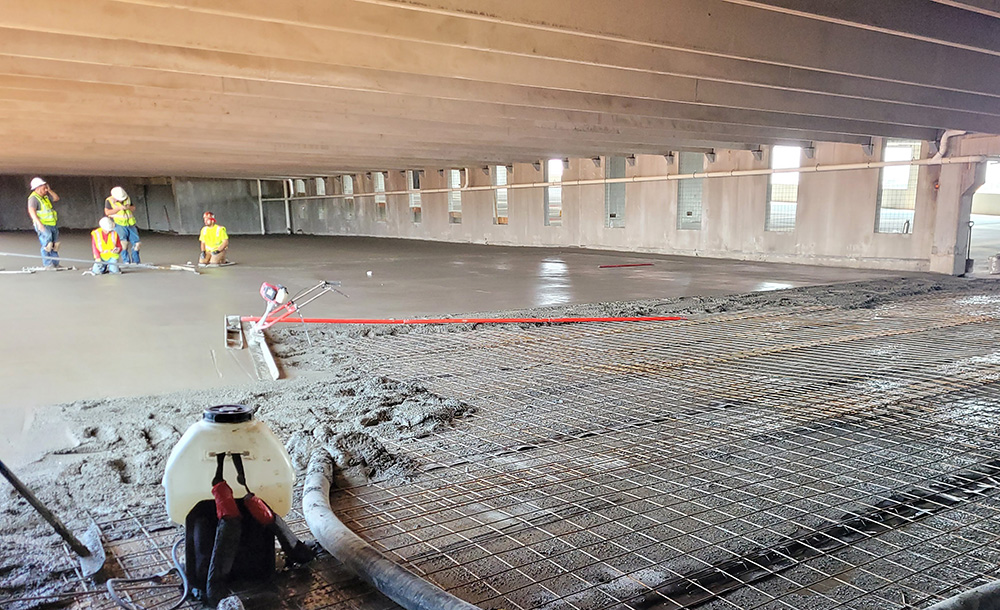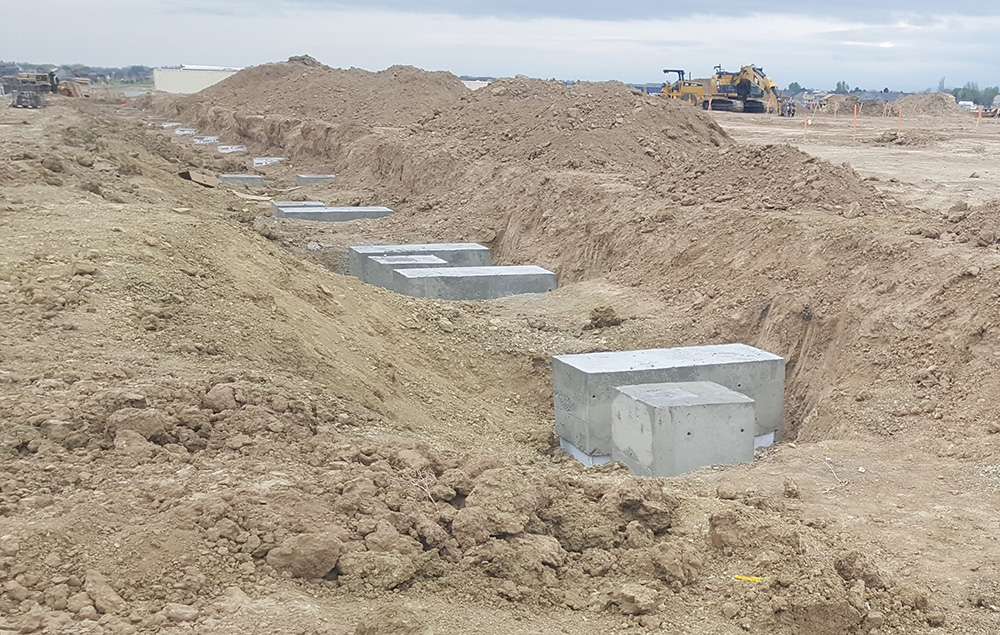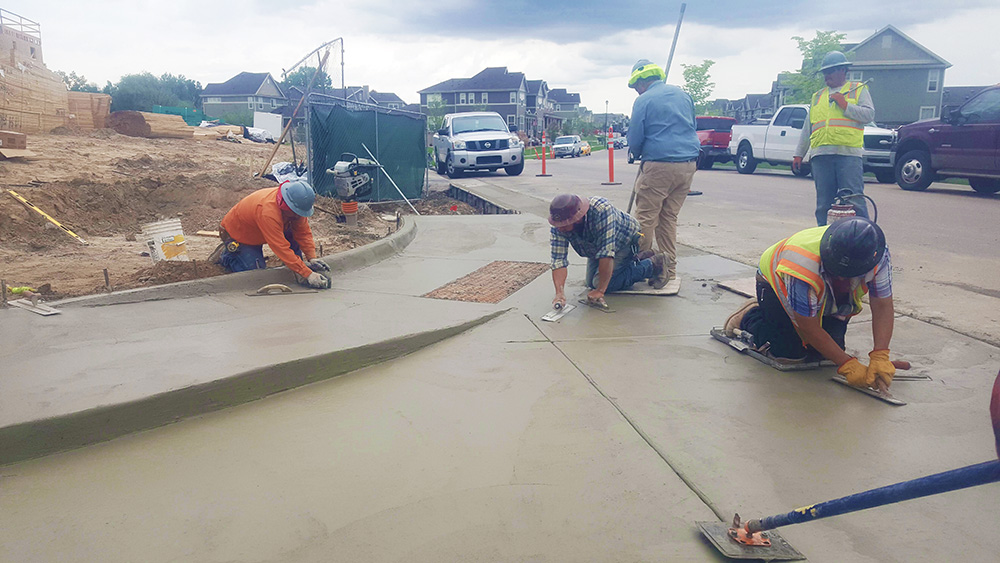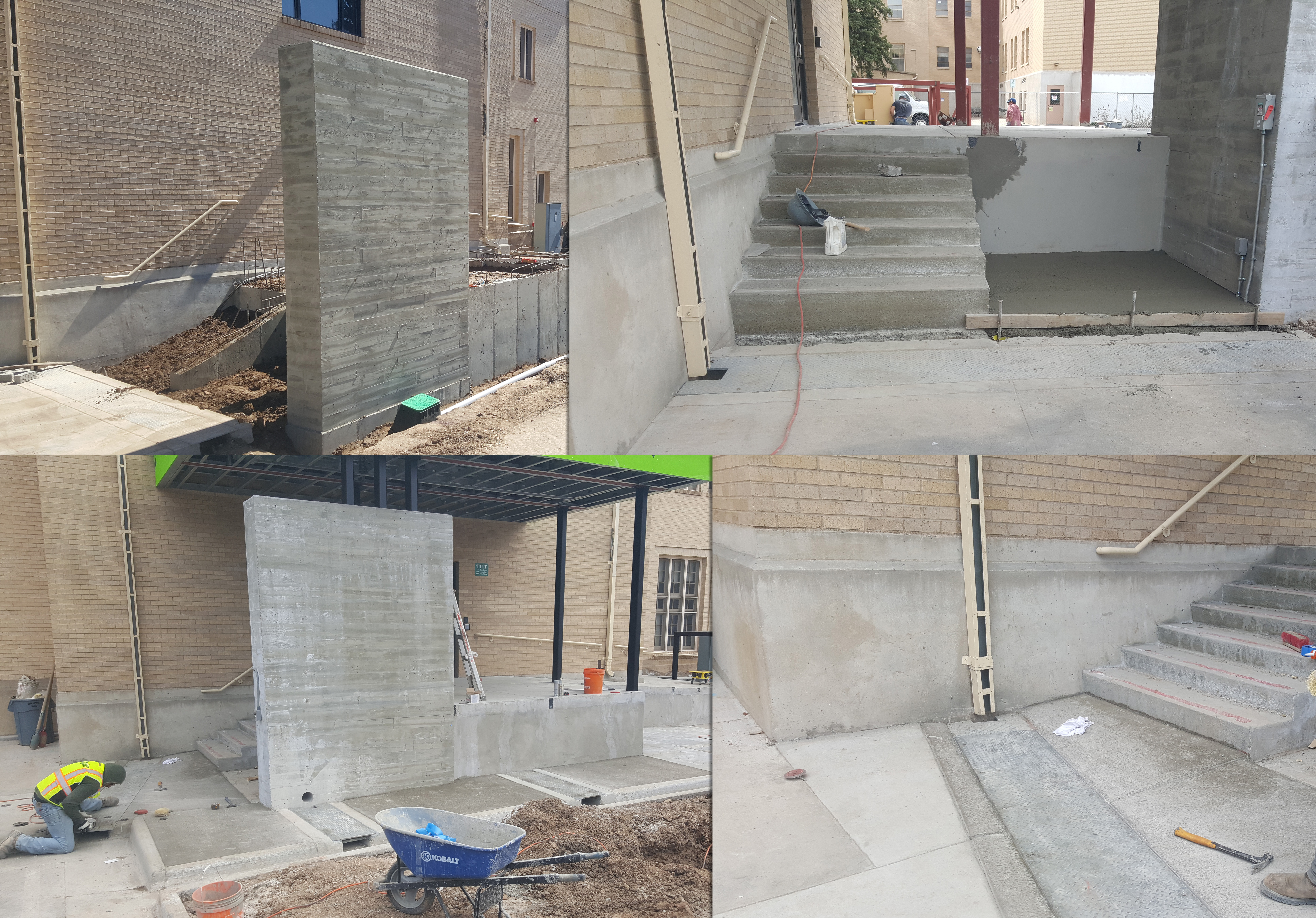Built for Strength. Designed for Performance.
Rangers Concrete has been delivering dependable commercial concrete solutions since 1997. Serving Colorado and surrounding states, we specialize in concrete work that supports demanding commercial, industrial, and municipal environments. From initial site prep to final pour, our team brings decades of experience, proven processes, and uncompromising attention to detail to every project.
Commercial concrete requires more than just pouring and finishing — it demands proper planning, reinforcement, durability, and long-term performance. Rangers Concrete works closely with general contractors, property owners, and project managers to ensure every project is completed on time, on budget, and built to last.


Structural & Industrial Concrete
Structural and industrial concrete forms the backbone of commercial construction. Rangers Concrete provides heavy-duty concrete solutions designed to support large structures, equipment loads, and high-traffic environments.
Our structural and industrial services include:
- Concrete foundations and footings
- Reinforced slabs and structural pours
- Warehouse and industrial facility floors
- Equipment pads and load-bearing concrete
These systems are engineered for strength, longevity, and performance under demanding conditions, making them ideal for warehouses, manufacturing facilities, and large commercial buildings.
Parking Lots, Flatwork & Site Concrete
Exterior concrete plays a critical role in safety, accessibility, and first impressions. Rangers Concrete delivers precise, code-compliant flatwork that enhances both function and appearance for commercial properties.
Our flatwork services include:
- Parking lots and drive lanes
- Sidewalks and pedestrian walkways
- Curbs, gutters, and drainage features
- ADA-compliant access ramps
We focus on proper grading, drainage, and finishing to ensure long-lasting surfaces that withstand traffic, weather, and time.


Concrete Repair, Replacement & Upgrades
Over time, concrete surfaces can crack, settle, or deteriorate due to heavy use and environmental exposure. Rangers Concrete offers professional repair and replacement services to restore safety, appearance, and structural integrity.
Our repair and replacement services include:
- Concrete removal and replacement
- Crack repair and surface restoration
- Slab leveling and structural corrections
- Upgrades to meet current codes or new use requirements
Whether addressing isolated damage or large-scale replacements, we provide cost-effective solutions that extend the life of your concrete investment.
Trusted Commercial Concrete Since 1997
With over 25 years of experience, Rangers Concrete has built a reputation for quality workmanship, reliability, and professional service. No matter the size or scope of your commercial project, our team is equipped to deliver durable concrete solutions that meet today’s standards and tomorrow’s demands.
If you’re planning a commercial concrete project in Colorado or the surrounding states, Rangers Concrete is ready to help — from concept to completion.